
Wilding Movie
Wilding tells the story of a young couple that bets on nature for the future of their failing, four-hundred-year-old estate. The young couple battles entrenched
Home / Electric Eels
The Environment Agency (EA) carried out a river restoration at Knepp in 2011. Since then we’ve been collecting data to see how the river develops and what wildlife moves in.
This week Gareth and Damon from the EA did a fish survey along the southern part of the river restoration. They used a technique called electrofishing – this temporarily stuns the fish in order to be able to catch them and identify them. Here’s Gareth looking like a Ghostbuster:
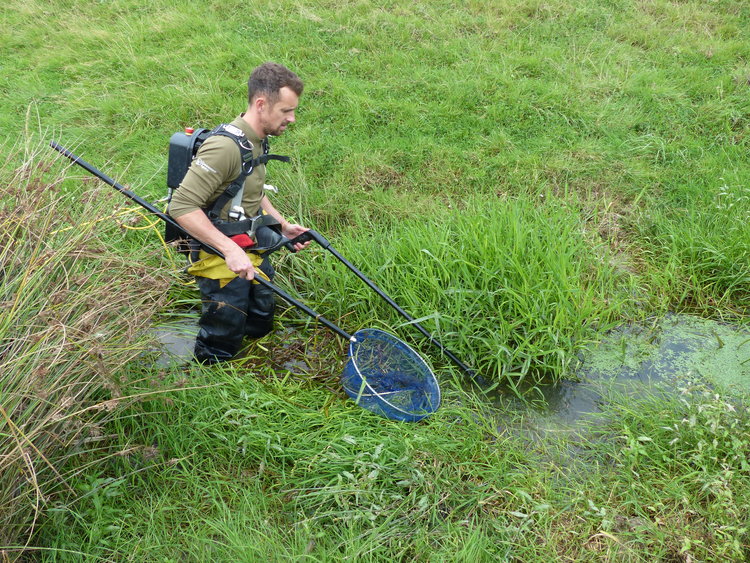
There’s something about fish that brings out your inner-child…so I excitedly had my head in the bucket examining the first few net loads as they came out: Roach, Eel (I love seeing Eels, such a rarity now), Stone Loach, Three-spined Stickleback, and this beautiful Perch:
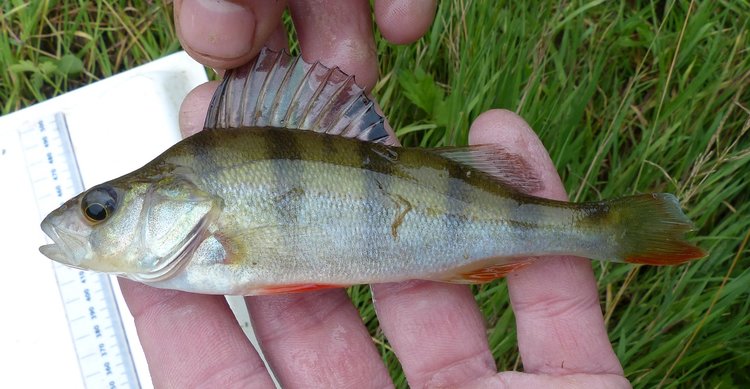
Then came Gudgeon, Chub, Dace, and this young Pike:
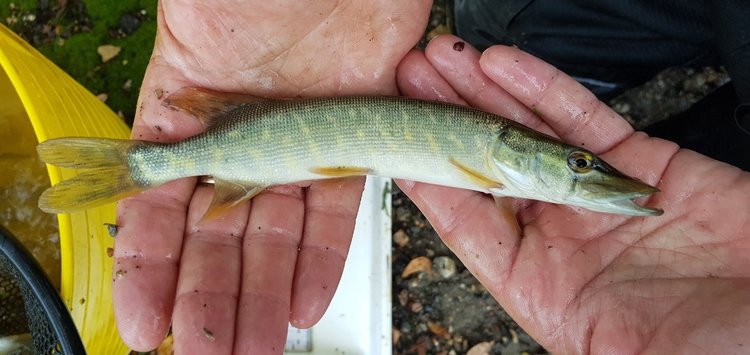
And this has got to be my favourite, the Bullhead:
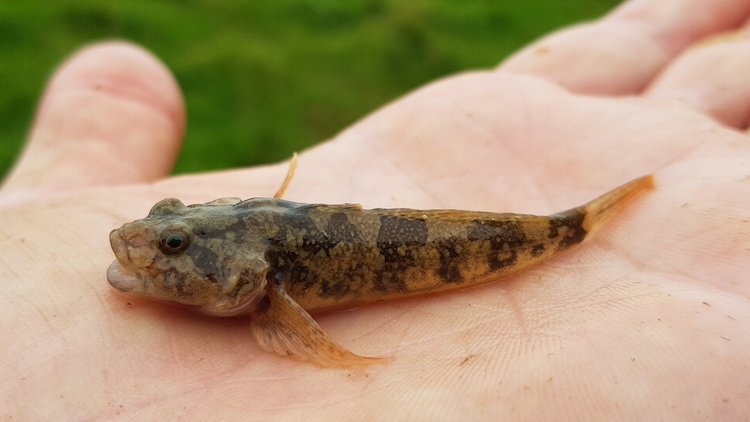
Once the fish had been identified and measured they were put back in to the river:
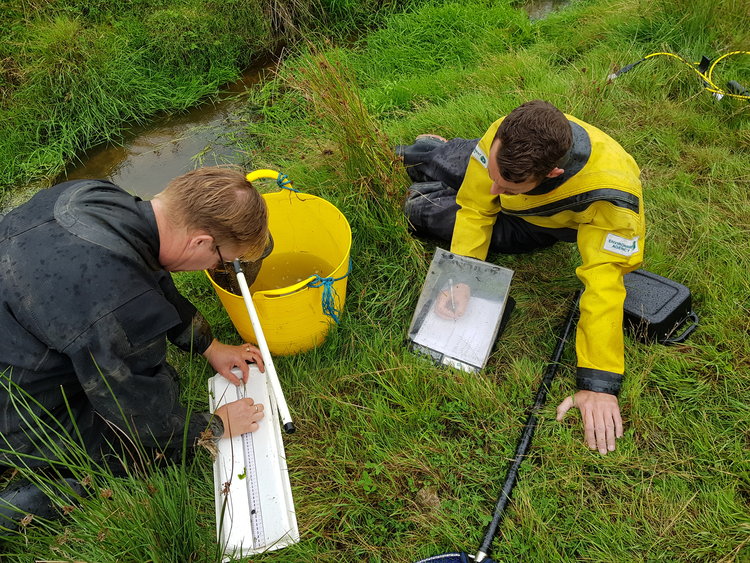
Ten species was a really respectable total for a river in its early days of recovery. It was good to see fish of different ages using the river too, with young fish sheltering in the nooks and crannies provided by the coarse woody debris.
The hope is that as the river settles down and the bank-side vegetation becomes more established we will see an increase in biodiversity. With this in mind we will continue our surveys on the river and surrounding floodplain scrapes to see what fish, plants, snails, beetles and dragonflies move in over the years to come.
by Penny Green, Knepp Ecologist

Wilding tells the story of a young couple that bets on nature for the future of their failing, four-hundred-year-old estate. The young couple battles entrenched
Episode 28 of the Knepp Wildland Podcast transports us far away from Knepp and into the beautifully rugged landscape of Asturias in Spain. We’re visiting
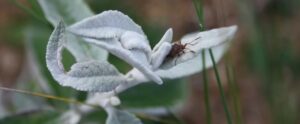
Winter finally arrives, the garden edged with white, glistening as the sun emerges with two hard frosts in quick succession. The colours of autumn are
Knepp Wildland Safaris and campsite are all about the quiet and patient observation of nature.
Some of the species we are likely to encounter are shy or can be frightened by loud noises or sudden movements. Our campsite with open-air fire-pits, wood-burning stoves and an on-site pond is unsuitable for small children.
For this reason, our safaris, holiday cottages and campsite are suitable only for children of 12 and over.